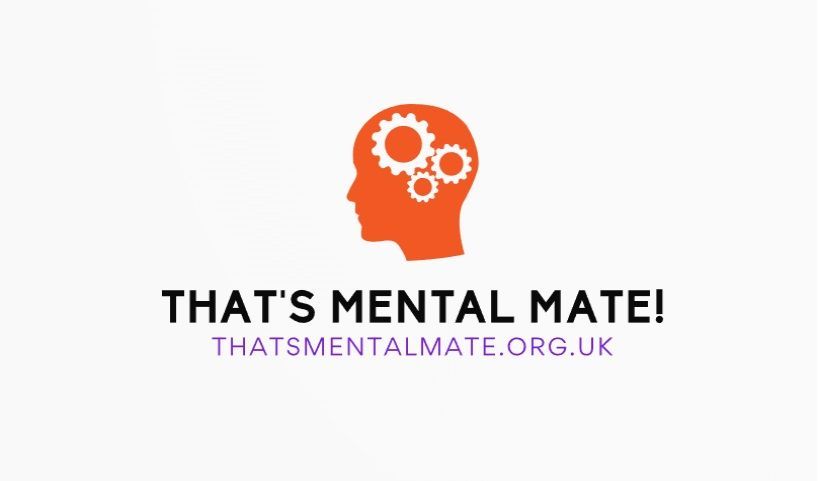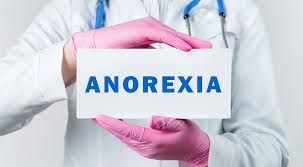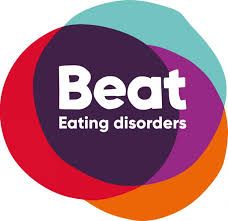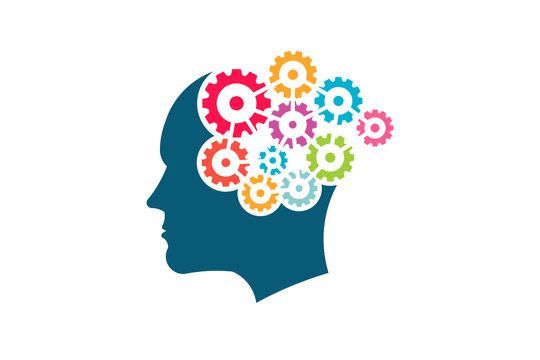What is anorexia?
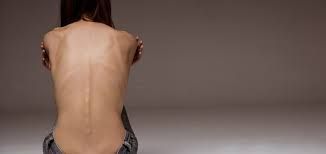
"Anorexia nervosa (often called anorexia) is an eating disorder and serious mental health condition.
People who have anorexia try to keep their weight as low as possible. They may do this in different ways, such as not eating enough food, exercising too much, taking laxatives or making themselves sick (vomit). This can make them very ill because they start to starve.
They often have a distorted image of their bodies, thinking they're fat even when they're underweight.
Men and women of any age can get anorexia, but it's most common in young women and typically starts in the mid-teens."
Taken from www.nhs.uk
What are the symptoms of anorexia?
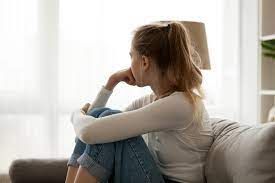
"Signs and symptoms of anorexia include:
- If you're under 18, your weight and height being lower than the minimum expected for your age.
- If you're an adult, having an unusually low body mass index (BMI).
- Missing meals or eating very little.
- Thinking about food a lot and being very careful about what you eat, such as avoiding eating any foods you see as fattening.
- Believing you're fat when you're a healthy weight or underweight.
- Your periods stopping (in women who have not reached menopause) or not starting (in younger women and girls).
- Physical problems, such as feeling lightheaded or dizzy, hair loss or dry skin.
Some people with anorexia may also make themselves sick or do an extreme amount of exercise.
Some use medicines to reduce their hunger (appetite suppressants), help them poo (laxatives) or make them pee (diuretics) to try to stop themselves gaining weight from any food they do eat."
Taken from www.nhs.uk
What are the treatments for anorexia?

"You can recover from anorexia, but it may take time and recovery will be different for everyone.
Your treatment plan will be tailored to you and should consider any other support you might need, such as for depression or anxiety.
If you're over 18, you should be offered a type of talking therapy to help you manage your feelings about food and eating so that you are able to eat enough to be healthy.
Talking therapies that are commonly used to treat anorexia in adults include:
- Cognitive behavioural therapy (CBT).
- Maudsley anorexia nervosa treatment for adults (MANTRA).
- Specialist supportive clinical management (SSCM).
If you're under 18, you should be offered family therapy. You may also be offered another type of talking therapy, such as CBT or adolescent-focused psychotherapy.
Find out how to get mental health support for children and young people.
If you're concerned that a family member or friend may have anorexia, let them know you're worried about them and encourage them to see a GP. You could offer to go along with them."
Taken from www.nhs.uk
Support
Beating Eating Disorders UK
Around 1.25 million people in the UK suffer from these illnesses, many in secret. They are of all ages, genders and backgrounds – eating disorders do not discriminate. Eating disorders include bulimia, binge eating disorder, avoidant/restrictive food intake disorder (ARFID), other specified feeding or eating disorder (OSFED), and anorexia, which tragically has the highest mortality rate of any mental illness, though all eating disorders can be deadly. While this is the worst-case scenario, there are many ways in which eating disorders severely affect the quality of life of both those suffering and those who care about them. They steal childhoods, devastate relationships and pull families apart. But, with the right treatment and support, recovery is possible.
Eating Disorders UK
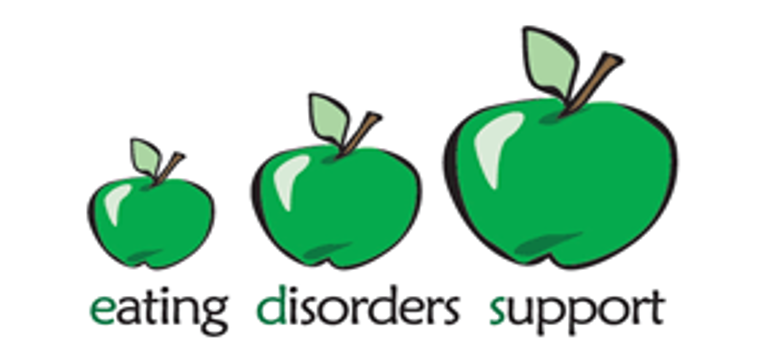
A charity that gives help and support to anyone affected by an eating problem. Support is offered through their helpline, email support and a self-help group in Buckinghamshire.

Anorexia and Bulimia Care
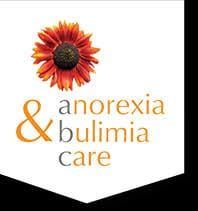
An organisation which gives on-going care, emotional support and practical guidance for anyone affected by eating disorders.
National Centre for Eating Disorders
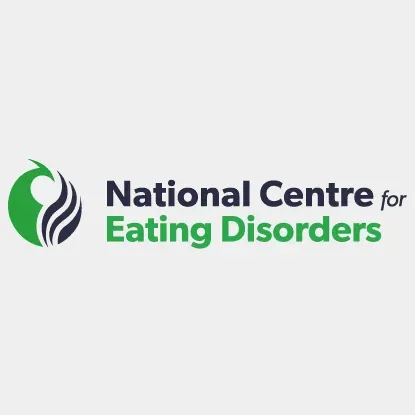
An independent organisation set up to support the person with the eating disorder. They offer solutions for all eating problems. They give information and counselling.

Men Get Eating Disorders Too (MGEDT)
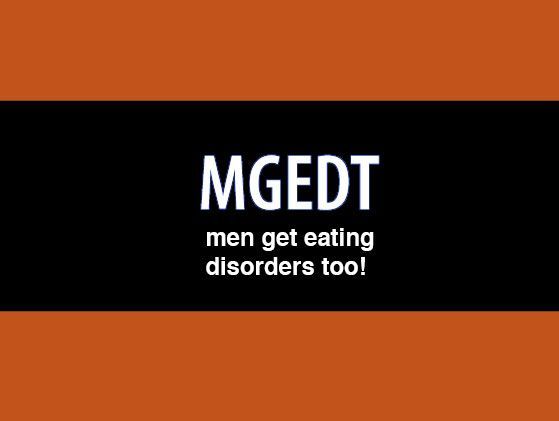
A team of women who give care and advice to those suffering with eating disorders, as well as Body Dysmorphic Disorder. This is not an NHS clinic, so you have to pay for treatment.
Catch Recovery
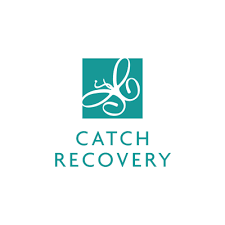
Offers support for men with eating disorders, their carers and families. They provide information, online peer support, and a face-to-face support groups in London and Sussex.

Links for NHS treatment
If you live in England and are aged 18 or over, you can access NHS talking therapies services for anxiety and depression.
A GP can refer you, or you can refer yourself directly without a referral.
NHS talking therapies services offer:
- talking therapies, such as cognitive behavioural therapy (CBT), counselling, other therapies, and guided self-help
- help for common mental health problems, like anxiety and depression
The problems that talking therapies services can treat include:
- depression
- generalized anxiety
- social anxiety
- panic and agoraphobia
- other phobias
- obsessive-compulsive disorder (OCD)
- post-traumatic stress disorder (PTSD)
- irritable bowel syndrome (IBS)
- body dysmorphic disorder
You need to be registered with a GP to get talking therapies on the NHS.
To self-refer for Talking Therapies click here.
